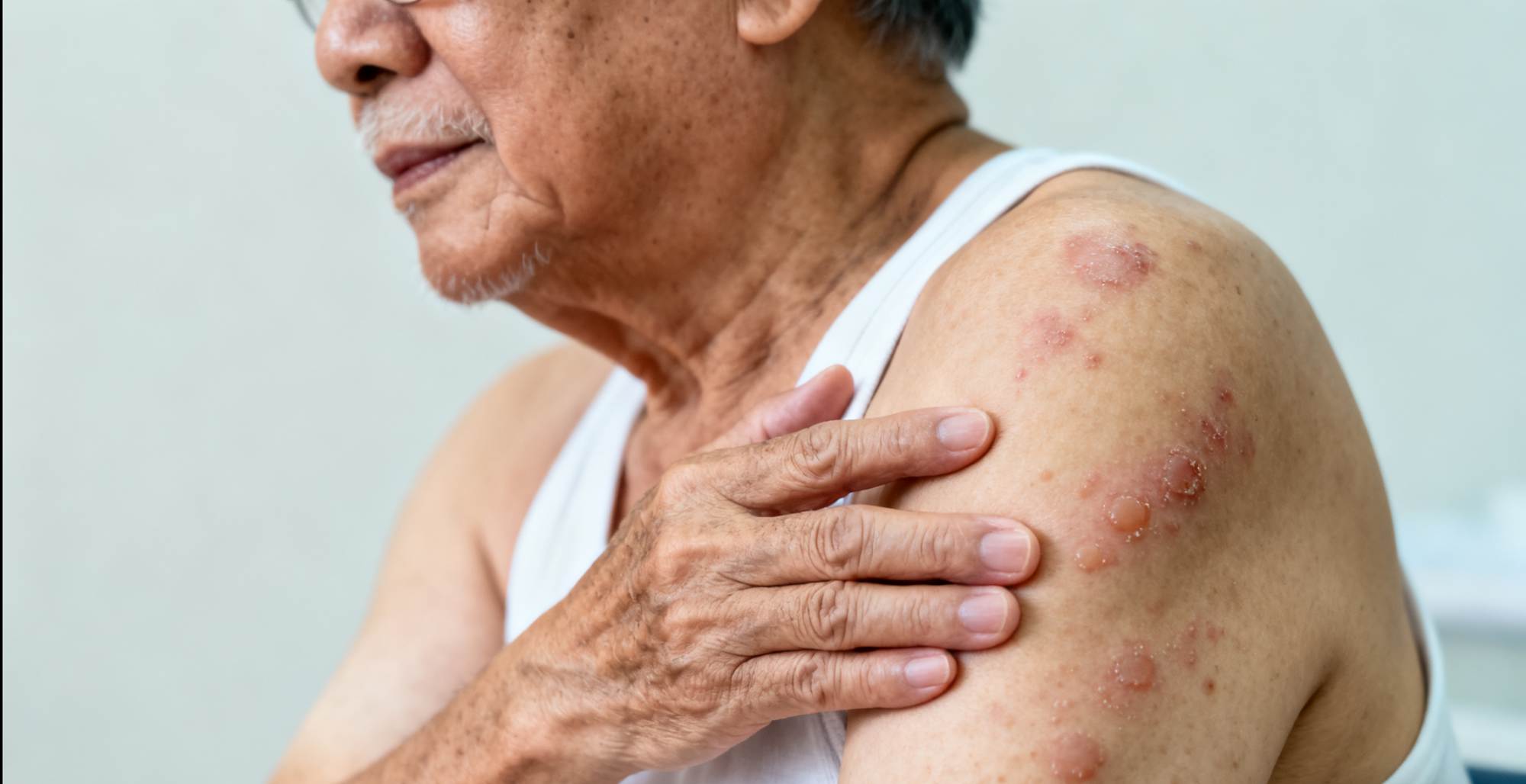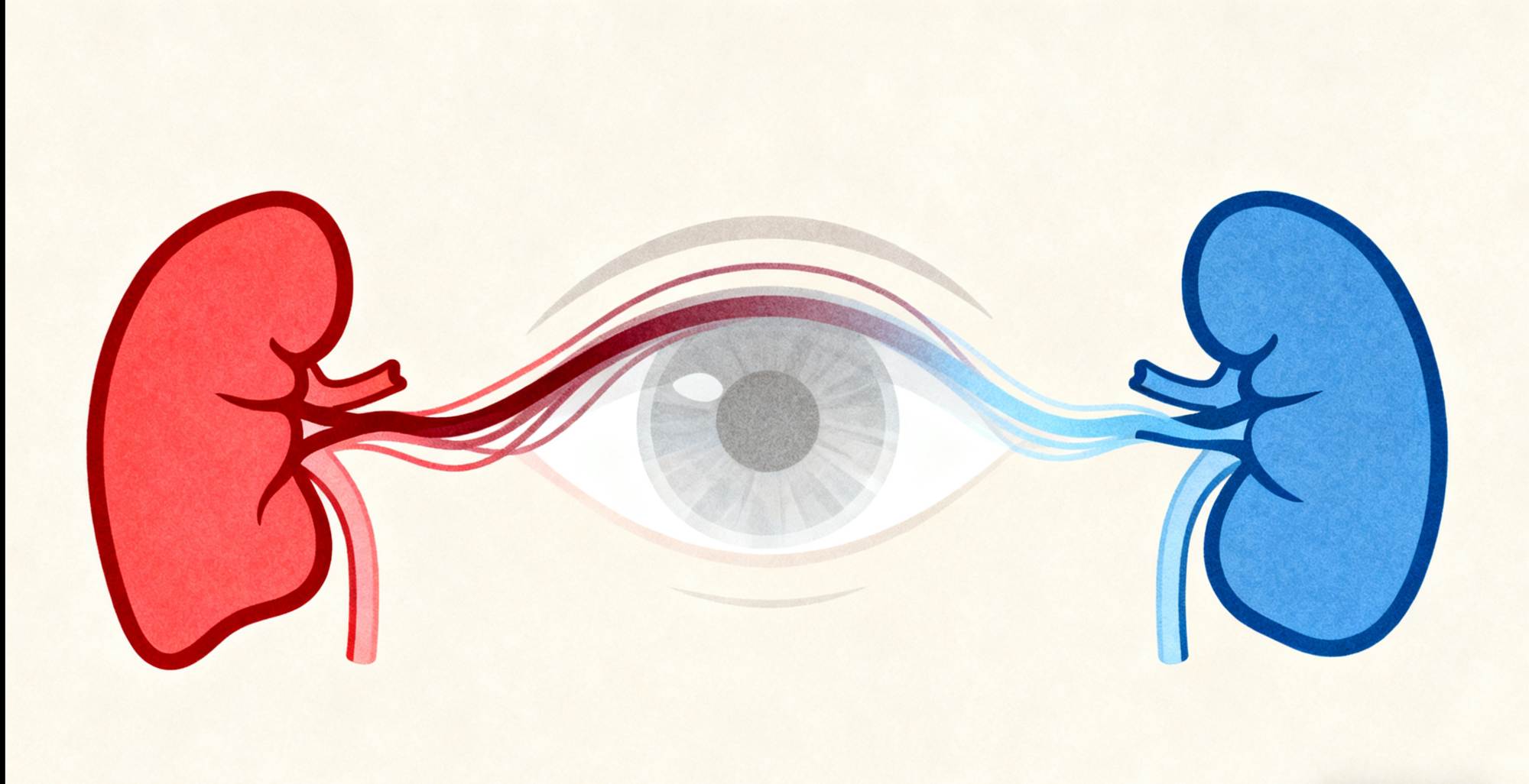Psoriasis (commonly known as psoriasis) is a common immune-mediated skin disease. It causes crusted, flaking patches of skin, most commonly on the knees, scalp, elbows, and back. These patches typically appear red on light-skinned skin and may appear purple or purplish-red on darker skin.
In addition to skin lesions, psoriasis also impacts patients' mental health and quality of life, and some even face social stigma. Medical News Today asked David Chandler, CEO of the UK Psoriasis and Psoriatic Arthritis Alliance, to dispel common myths about psoriasis.
Myth 1: It's contagious
Psoriasis is not contagious. It is an autoimmune disease caused by an abnormal immune system response, leading to excessive skin cell growth. It is not spread through person-to-person contact or bodily fluids, such as kissing or sharing food or drinks. Even close contact with someone with the disease in public places like swimming pools or saunas is not a risk of infection.
Myth 2: It's just dry skin.
The patient's skin structure renews at a significantly accelerated rate; the normal skin renewal cycle is approximately 28 days, but in psoriasis, it can be shortened to just four to five days. This shortened renewal cycle causes premature skin cells to accumulate into thick scales, preventing them from being properly metabolized and shed.
Furthermore, blood vessels are altered, migrating toward the surface of the skin. This causes the affected area to bleed when scratched, leading to redness, swelling, and pain. In severe cases, the skin may crack and bleed, causing severe functional impairment. If psoriasis occurs on the hands and feet, it may affect daily activities. When lesions appear in the groin or buttocks, even sitting, standing, or using the toilet can become painful.
Further reading

Myth 3: There's Only One Type
It's a common misconception that psoriasis exists in just one form, with no variations. This is not true. The most common type is large plaque psoriasis (also known as plaque psoriasis), characterized by characteristic thick, silvery-white scales. Other types include:
Guttate psoriasis: Named for the teardrop-shaped scales.
Inverse psoriasis: This type primarily appears in areas of friction, such as the armpits, groin, or under the breasts.
Erythrodermic psoriasis: This rare type causes a large, scaly rash.
Pustular psoriasis: Pustular papules primarily develop on the hands and feet.
Myth 4: Poor Hygiene Causes Psoriasis
While psoriasis isn't particularly linked to personal hygiene, patients often require exceptional self-care. Because the skin can be painful and scaly, ongoing care is essential. Patients are generally advised to apply treatments twice daily, especially on areas like the scalp. If left untreated, the condition can rapidly worsen to the point where it becomes unmanageable.
Myth 5: Psoriasis is curable
This is another misconception. Currently, there is no cure for psoriasis. However, scientists are continuing to deepen their understanding of the disease and hope to find a cure in the future.
Depending on the severity of the condition, doctors and dermatologists can offer a variety of treatment options to effectively relieve symptoms and control the condition. These include topical creams, ointments, foams, and gels, as well as light therapy and oral or injectable medications. Each treatment has varying benefits and risks.
Myth 6: Dietary changes offer a chance for a cure
There is currently a lack of robust research demonstrating that specific dietary modifications can improve psoriasis symptoms. However, it is known that factors such as obesity, alcohol consumption, and smoking can exacerbate symptoms. Therefore, maintaining a healthy lifestyle, including regular exercise and a balanced diet, can play a positive role in managing psoriasis.



